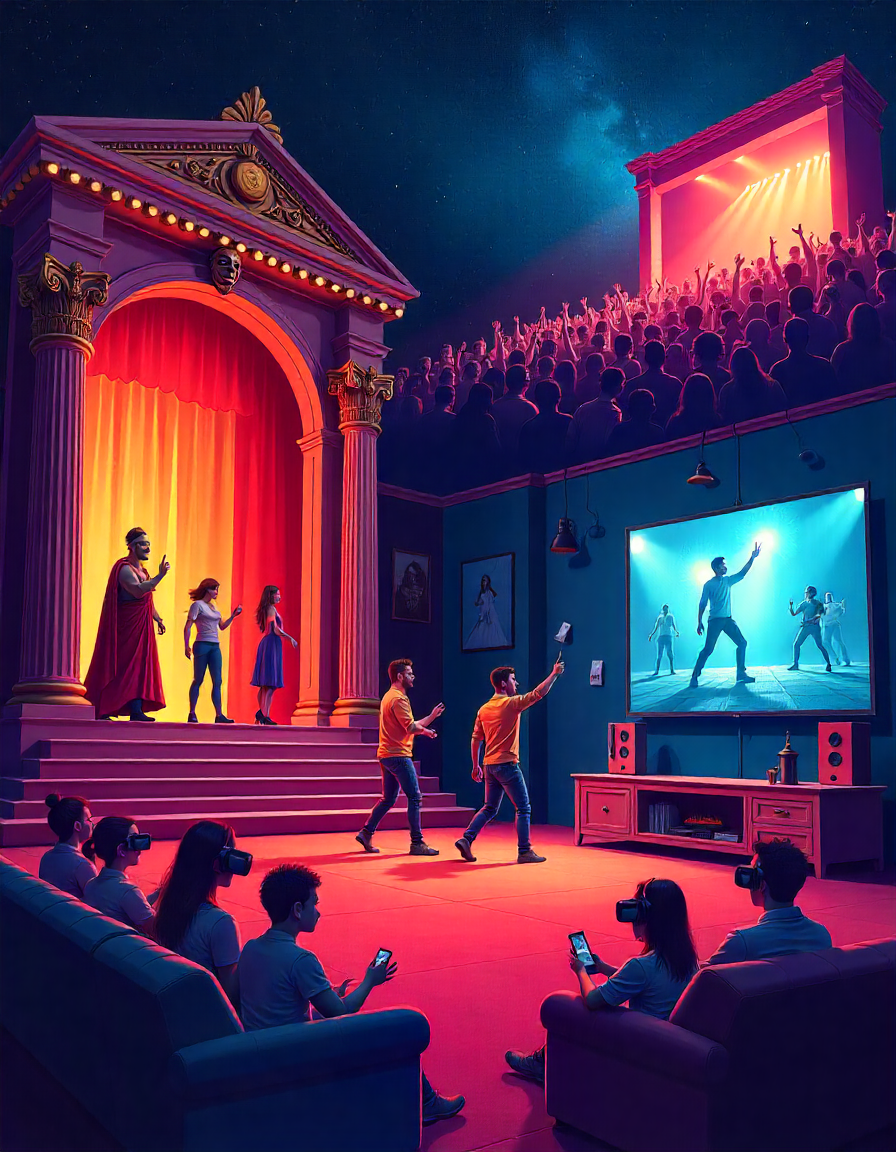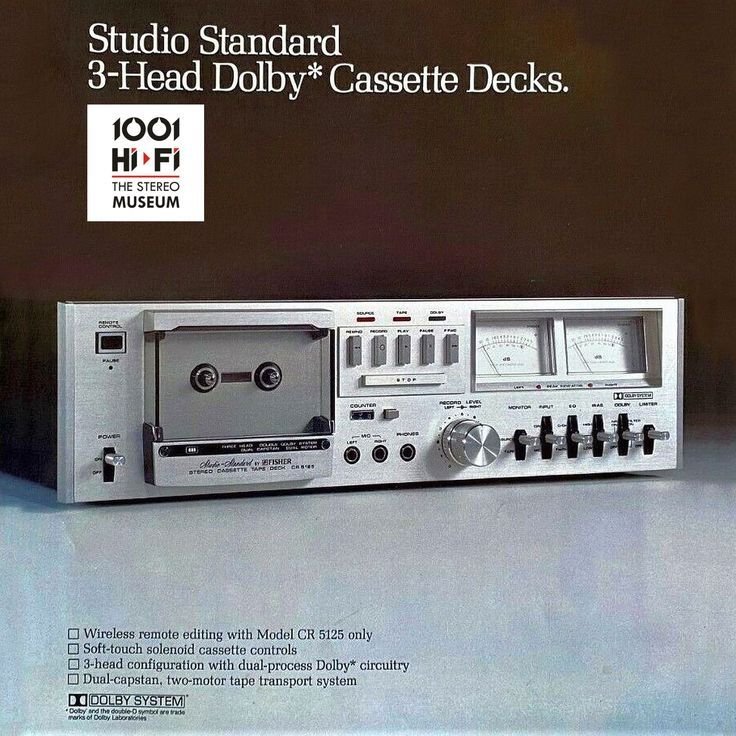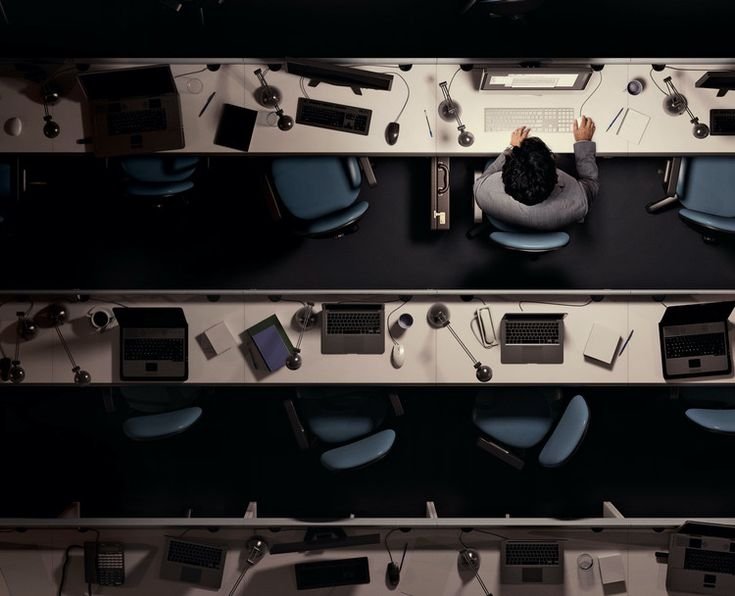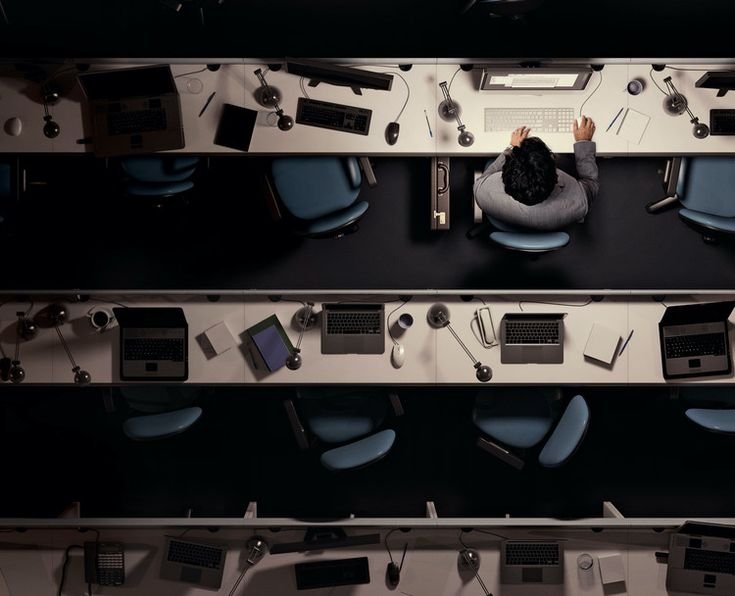The Evolution of Entertainment: From Ancient Rituals to Digital Realms
Entertainment is one of the oldest human instincts. Long before film, television, or video games, people gathered to tell stories, sing songs, and perform rituals. From tribal dances around fire pits to streaming platforms delivering instant access to millions of shows, entertainment has continually adapted to reflect cultural values, technological change, and human imagination.
Entertainment in Ancient Civilizations
The roots of entertainment stretch back thousands of years. In ancient Egypt, music and dance were essential to both daily life and religious ceremonies. The Greeks developed theater, with tragedies and comedies that explored human nature and social dilemmas. Gladiatorial contests in Rome captivated crowds, mixing athleticism, storytelling, and political spectacle.
These early forms were not just diversions; they reinforced community bonds and reflected societal priorities. Storytelling, in particular, was a powerful way to preserve history, teach lessons, and entertain simultaneously.
The Birth of Mass Entertainment
The invention of the printing press in the 15th century revolutionized access to stories. Books, plays, and pamphlets reached broader audiences, fueling literacy and creativity. Later, the rise of opera and classical music concerts gave communities shared experiences that transcended class boundaries.
By the 19th century, technological advancements such as photography, the phonograph, and eventually film transformed entertainment into an industry. Silent films amazed audiences with moving images, while vaudeville and theater continued to thrive. This era marked the beginning of entertainment as a large-scale cultural force.
The Golden Age of Film and Television
The 20th century brought cinema and television into the spotlight. Hollywood grew into a global powerhouse, producing films that entertained, challenged, and inspired. Silent films gave way to talkies, and black-and-white screens transformed into color. Stars like Charlie Chaplin, Marilyn Monroe, and Humphrey Bogart became cultural icons.
Television soon followed, reshaping how people spent their evenings. Families gathered around small screens to watch sitcoms, news broadcasts, and live events. These moments were more than entertainment; they created shared cultural touchpoints that still resonate today.
Music as a Cultural Force
Few art forms shape identity like music. From jazz and blues to rock, hip-hop, and electronic genres, music has mirrored social movements, political shifts, and generational changes. The 1960s, for example, saw rock bands not only entertaining but also challenging norms and advocating for change.
Technology continually expanded how music reached audiences. Vinyl records, cassettes, CDs, and digital downloads each marked new eras. Today, streaming services allow people to access entire libraries at will, while social media platforms give emerging artists a global stage.
Gaming: The New Frontier
In recent decades, video games have emerged as one of the most influential forms of entertainment. What began as simple arcade machines evolved into expansive digital worlds with narratives rivaling film and television. Titles like The Legend of Zelda, Grand Theft Auto, and The Last of Us combine gameplay with storytelling, drawing millions of dedicated fans.
Esports, or competitive gaming, has grown into a billion-dollar industry. Professional players compete in front of live audiences and millions of online viewers. For younger generations, games are more than entertainment—they are social spaces where friendships form and communities thrive.
Streaming and On-Demand Culture
Perhaps the most dramatic change of the 21st century is the rise of streaming platforms. Services like Netflix, Hulu, Disney+, and countless others have transformed viewing habits. Audiences are no longer bound by broadcast schedules; they decide when and how to watch.
This shift has also sparked a golden age of storytelling. With fewer restrictions than traditional television, creators experiment with new formats, themes, and diverse representation. Series from across the globe now find audiences far beyond their original borders, making entertainment more international than ever.
Live Experiences in a Digital Age
Even as digital entertainment grows, live experiences remain powerful. Concerts, theater performances, festivals, and sporting events bring people together in ways no screen can replicate. The energy of a live audience, the unpredictability of performance, and the shared joy of participation make these experiences irreplaceable.
During global crises like the COVID-19 pandemic, the absence of live events highlighted just how essential they are to cultural and emotional well-being. Today, many venues blend physical and digital experiences, offering live-streamed concerts or interactive theater to reach broader audiences.
Entertainment and Technology: What’s Next?
The future promises even more dramatic transformations. Virtual reality and augmented reality are creating immersive experiences that blur the line between viewer and participant. Artificial intelligence is helping tailor recommendations, write scripts, and even generate music. Interactive films and games let audiences influence narratives directly.
However, these innovations also raise important questions. How do we balance convenience with creativity? Will algorithms favor certain types of content over others? How do we preserve cultural diversity in a world dominated by global platforms? The answers will shape the next era of entertainment.
The Social Impact of Entertainment
Beyond fun, entertainment plays a vital social role. Films, shows, and music often reflect the struggles, hopes, and dreams of their time. They can raise awareness of injustice, promote empathy, and spark dialogue. Think of how documentaries influence policy debates or how a powerful song can inspire a movement.
At the same time, entertainment can be escapist, offering comfort during difficult times. A comedy show or a favorite film can provide relief from stress, reminding us of the power of laughter and imagination.
Final Thoughts
Entertainment is not static—it evolves alongside humanity itself. From ancient rituals to digital streaming, from opera houses to esports arenas, it reflects who we are and where we are headed. It educates, inspires, connects, and sometimes even heals.
In an increasingly digital world, the challenge is to embrace innovation without losing the communal and cultural richness that has always defined entertainment. Whether through live concerts, films that move us, or games that connect friends across continents, entertainment remains one of humanity’s most profound and unifying expressions.







